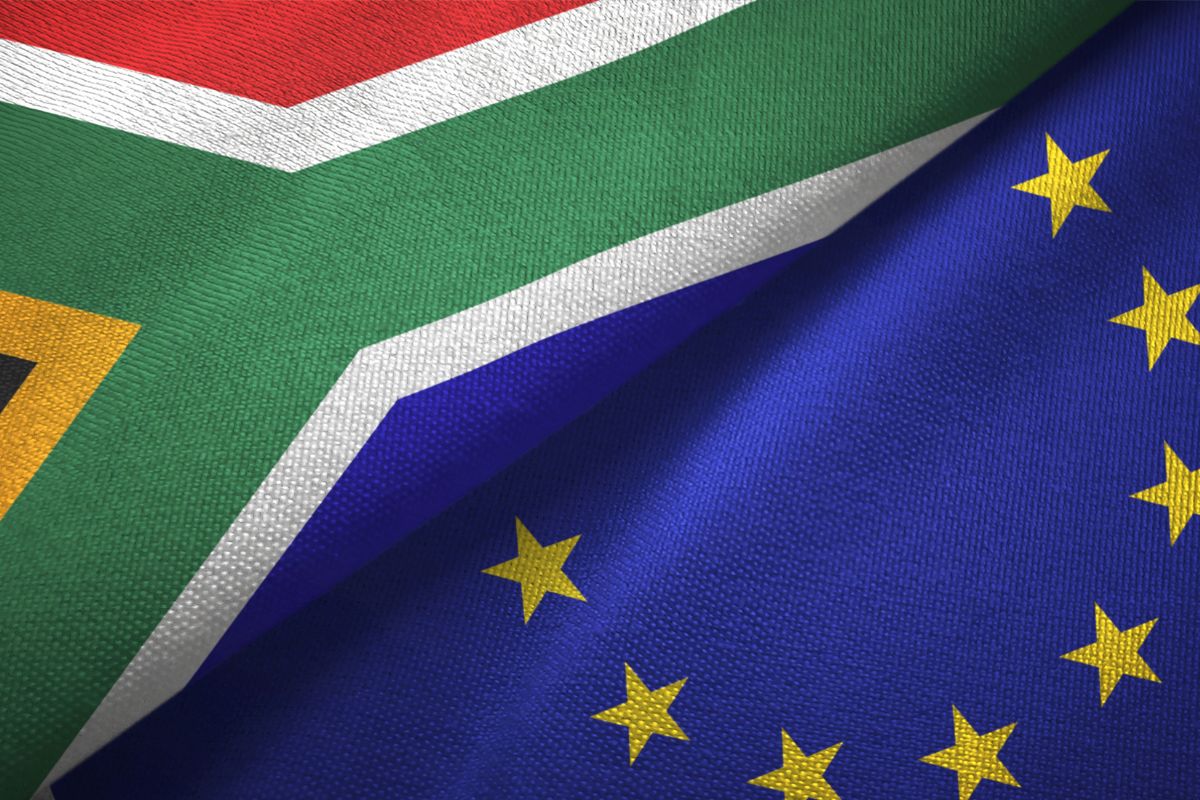The European Union and Africa’s largest economy aim to deepen cooperation on critical minerals and build sustainable value chains.
The EU and South Africa have agreed to strengthen their partnership in the minerals and metals sector. A corresponding memorandum of understanding was signed one day before the G20 summit in Johannesburg, South Africa. The signatories were Stéphane Séjourné, EU Commissioner for Industry and Trade Policy, and Gwede Mantashe, South Africa’s Minister of Mineral Resources and Energy. Alongside the raw materials agreement, government representatives also concluded a partnership on clean trade and investment, as well as new initiatives under Global Gateway, the EU’s geopolitical investment strategy.
The goal of the raw materials cooperation is to establish sustainable value chains in which materials are processed primarily within South Africa. This aligns with the country’s ambition to capture more value from its abundant natural resources; currently, much of the extracted raw material is shipped abroad for processing. South Africa holds the world’s largest reserves of platinum-group metals and is the leading global supplier. The country is also a major producer of chromium, manganese, gold, and vanadium.
Closer cooperation on critical minerals had already been announced in March during the EU–South Africa summit (we reported). The Zandkopsdrift rare earth and manganese deposit in the Northern Cape Province is among the projects designated as strategic under the EU’s Critical Raw Materials Act (CRMA). The deposit, being developed by Luxembourg-based Frontier Rare Earths, will therefore benefit from accelerated permitting procedures and easier access to EU financing.
Photo: iStock/Oleksii Liskonih

